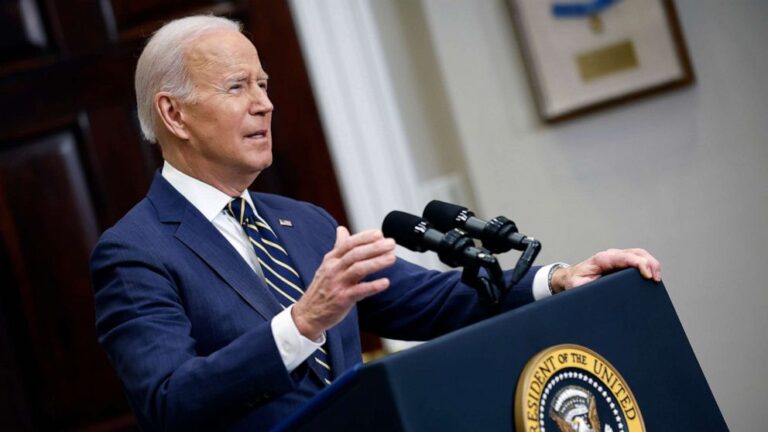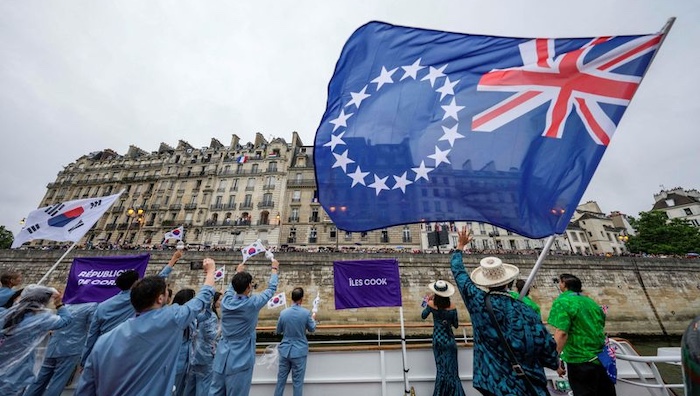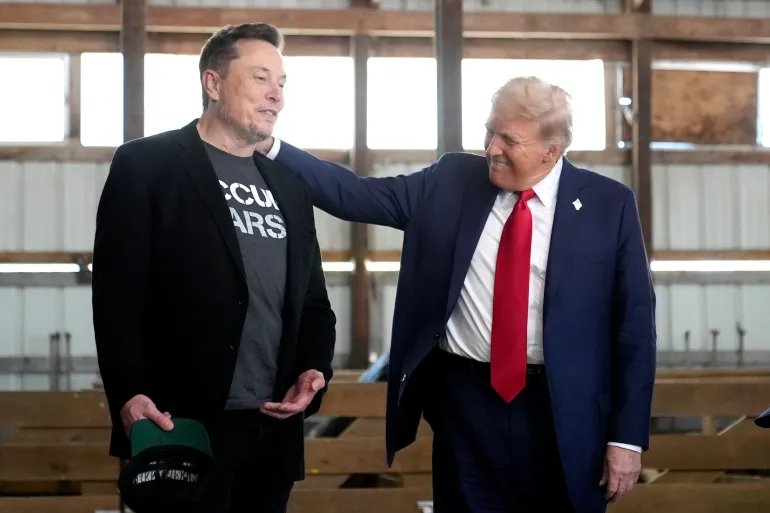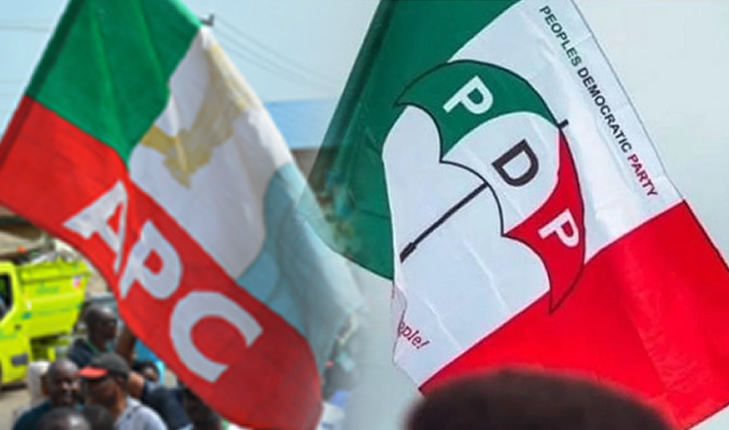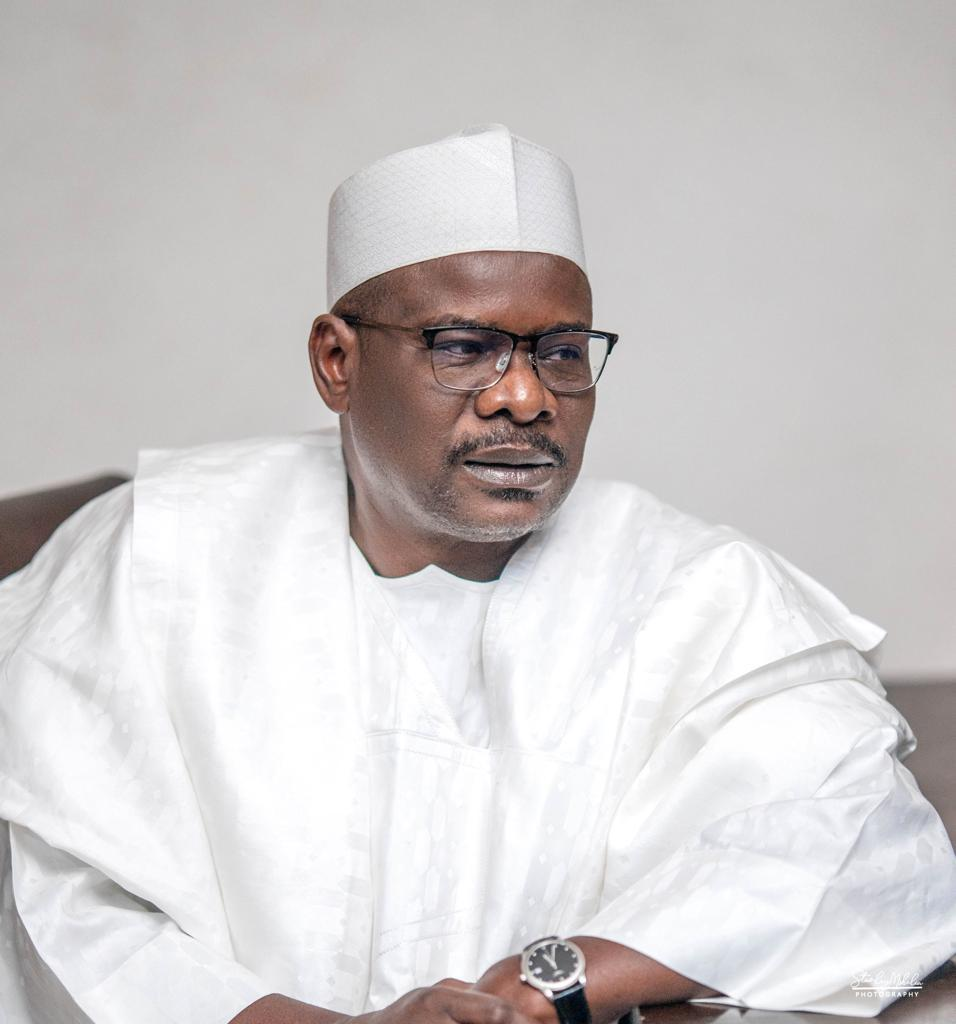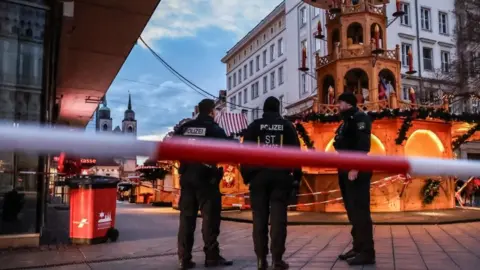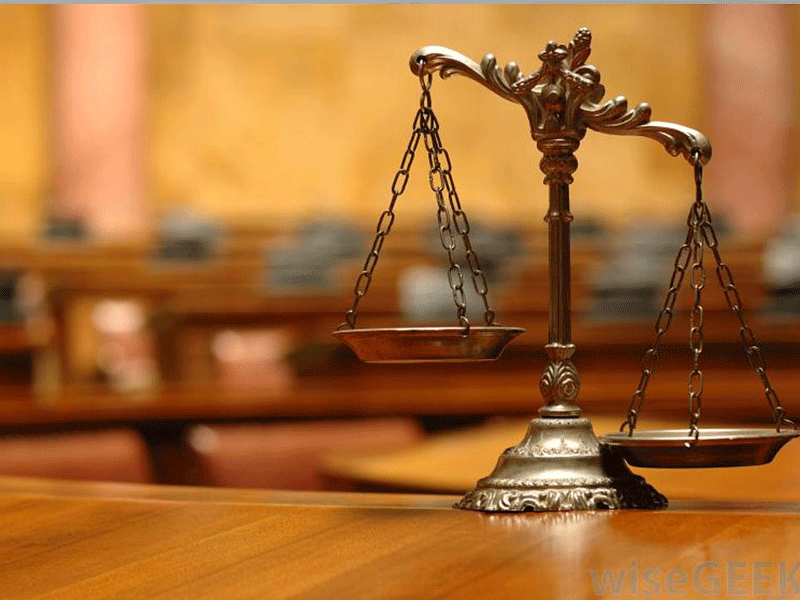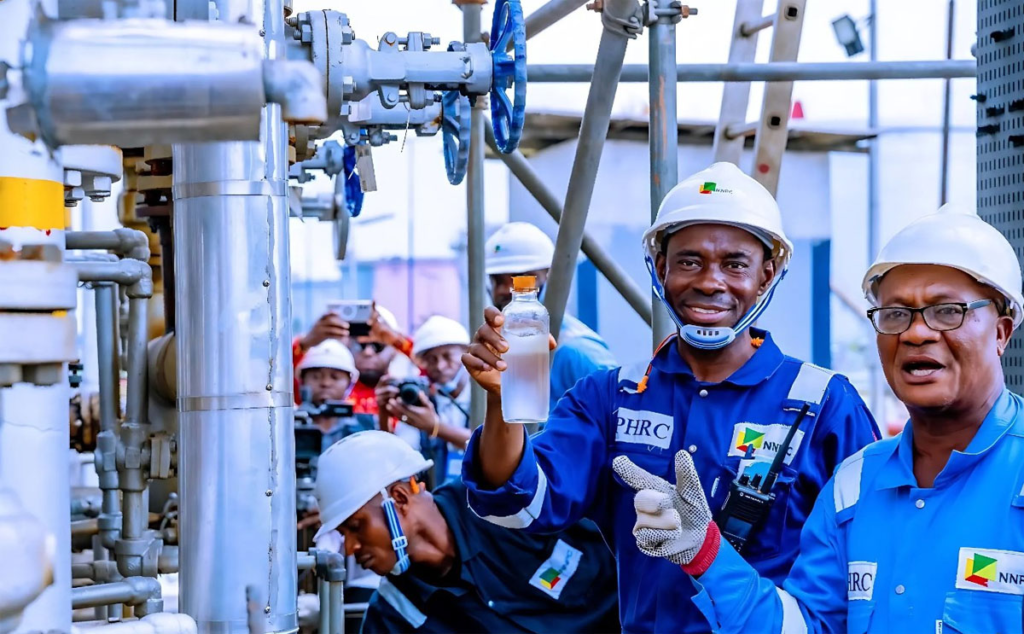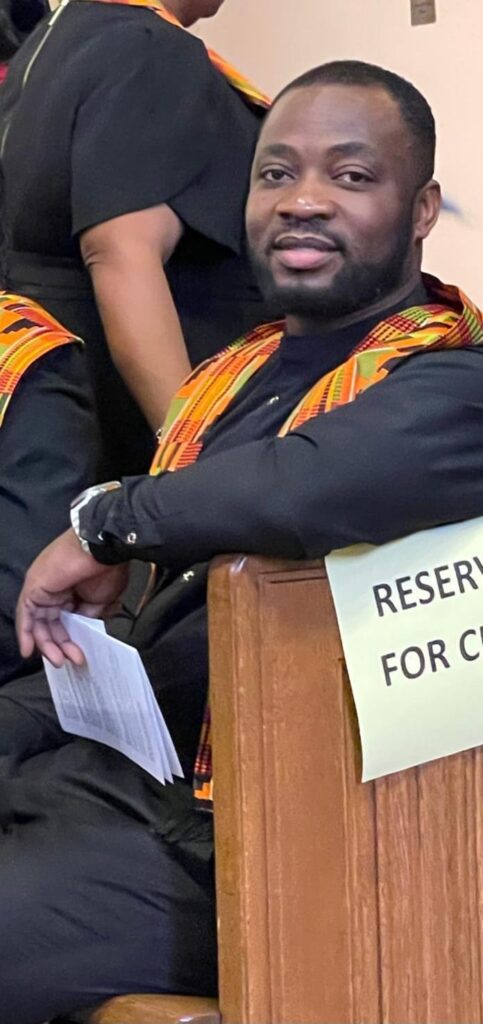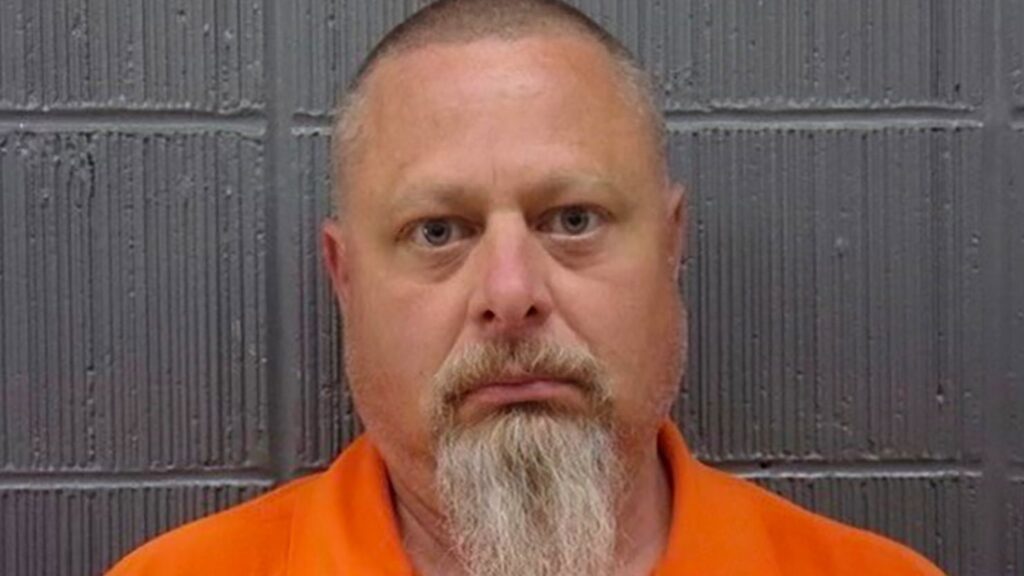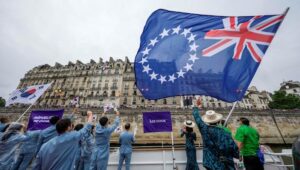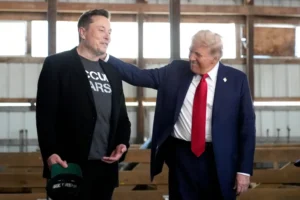While President Joe Biden has repeated that the U.S. will not send troops to Ukraine to fight Russia, he warned Friday that “Russia would pay a severe price” if it used chemical weapons in Ukraine, raising questions over what those consequences would look like.
Biden announced new trade sanctions on Russia Friday and reiterated his position from the White House that “we will not fight a war against Russia in Ukraine,” but so far, economic sanctions from the international community have not stopped Russian President Vladimir Putin’s invasion.
The Biden administration has warned this week that Putin could use chemical or biological weapons, but officials have repeatedly refused to say if a chemical attack would cross a red line or whether they have intelligence that an attack is imminent.
“Your White House has said that — that Russia may use chemical weapons, or create a false flag operation to use them,” a reporter asked the president Friday. “What evidence have you seen showing that, and would the U.S. have a military response if Putin does launch a chemical weapons attack?”
“I’m not going to speak about intelligence,” Biden said, “but Russia would pay a severe price if they used chemical weapons.”
It was the only question he took before leaving the room.
White House deputy press secretary Andrew Bates, briefing reporters on Air Force One after the remarks, echoed Biden that there would be “severe consequences,” but also declined to go into specifics about what those would look like for Russia.
“They have used chemical weapons, which again, they are the only country in the mix here who possesses those, in Syria, and time again, we have warned about this particular pretext, and so it is something that we are being attentive to,” he said. “Russia is the only country in this equation with a chemical and biological weapons program in violation of international law.”
And Pentagon press secretary John Kirby, asked Friday about a Russian false flag to justify Russian chemical weapons use, would only say, “We don’t have firm indications right now,” but that it’s something they’re watching for.
“I don’t want to get into intelligence assessments,” he said, explaining the U.S. was trying to preempt any Russian pretext.
“One, this is a country that has a reputation for using those kinds of weapons on people, and we know they have a program,” Kirby added. “And two, we continue to watch for the potential — and I want to stress the word potential — potential that they could be banging this drum with the intent of creating some sort of false-flag event, that they could use it as an excuse to escalate the conflict even more.”
Russia escalates false chemical weapons claims
Russia, meanwhile, has doubled down on false claims that the U.S. is helping Ukraine develop chemical or biological weapons, bringing the accusations to the world’s stage at the U.N. Security Council Friday in an emergency session.
“I can foresee what the reaction will be from our Western colleagues, who I am sure are going to be saying now that all of this information is fake and Russian propaganda, but this is self-delusion and I do not think this will be helpful to the European people in case there are outbreaks in Ukraine and neighboring states,” said U.N. Ambassador for Russia Vassily Nebenzya.
Russia has not supplied any credible information to support their claims, but a web of disinformation spread the conspiracy theory this week — heightening concern among U.S. and Ukrainian officials that Russia itself may be planning to deploy chemical or biological weapons against Ukrainian targets or as part of a so-called “false flag” operation.
“I will say this once: Ukraine does not have a biological weapons program, and there are no Ukrainian biological weapons laboratories supported by the United States. Not near Russia’s border or anywhere,” rebutted U.N. Ambassador for Linda Thomas-Greenfield. “Ukraine owns and operates its own public health laboratory infrastructure,” she continued. “It has absolutely nothing to do with biological weapons.”

